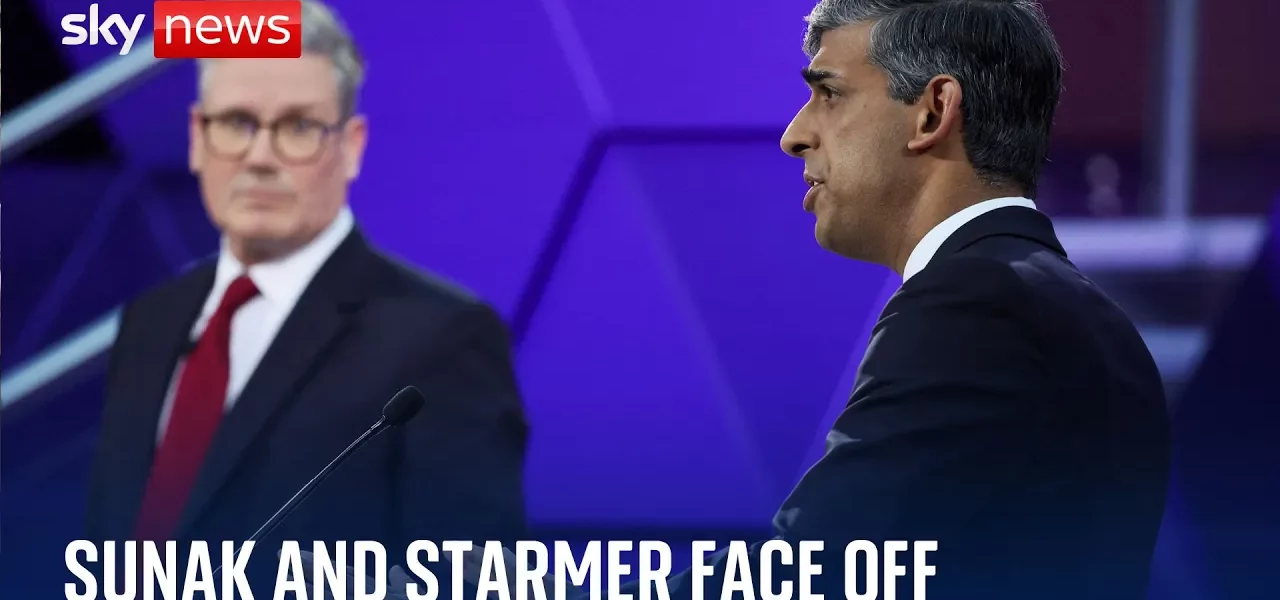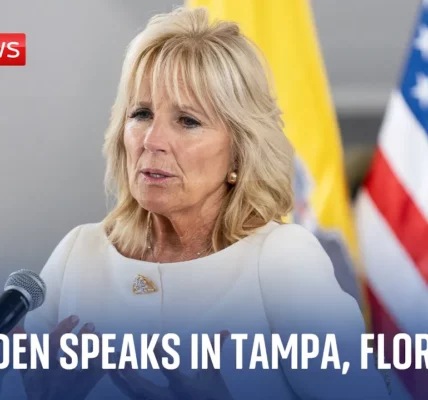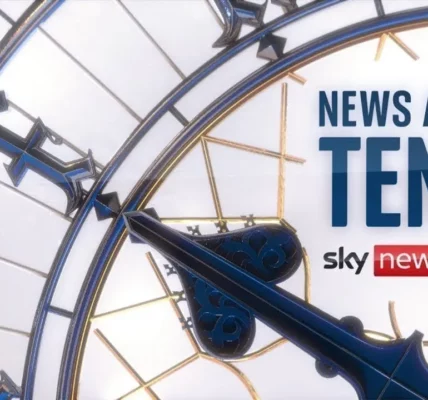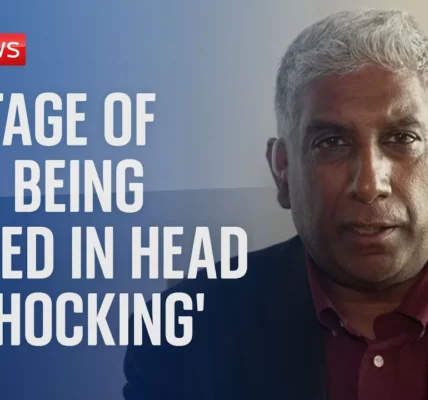Final Debate Analysis: A Clash of Political Titans

The last debate of the campaign marks a critical juncture for both the Prime Minister and the Labour leader. As they face off for the final time, the stakes are higher than ever, with controversies swirling around election betting scandals and campaign strategies. This article delves deep into their exchanges, focusing on immigration, economic policies, and the overall political landscape leading up to the election.
Introduction
The final debate of the campaign served as a last-ditch effort for both candidates to sway undecided voters and solidify their bases. With the Prime Minister embroiled in a betting scandal and trailing in the polls, this debate was crucial. The Labour leader, too, faced scrutiny over his policies and past decisions. The exchanges revealed not only their differing views on governance but also highlighted the political tensions that have characterized this election cycle.
The Betting Scandal: A Dark Cloud Over the Campaign
One of the most pressing issues leading into the debate was the election betting scandal that had plagued the Prime Minister for weeks. This controversy raised questions about integrity and accountability within the government. Both candidates were hesitant to provide clear answers regarding the scandal, which only added to the uncertainty surrounding the election.
Key Points on the Scandal
- The investigation into the Prime Minister’s betting activities is ongoing.
- Labour has also suspended one of its candidates, reflecting similar issues within their camp.
- The lack of transparency from both sides has left voters confused and concerned about the candidates’ integrity.
Economic Policies: The Clash of Visions
Economic strategy was a central theme of the debate, with the two leaders presenting starkly different visions for the country’s future. The Prime Minister’s aggressive approach aimed to critique Labour’s economic plans, while Labour sought to position itself as a party of change and accountability.
Prime Minister’s Economic Arguments
The Prime Minister attempted to frame Labour as lacking credible economic policies, emphasizing the need for fiscal responsibility:
- Highlighted the need to protect borders and finances from Labour’s proposed tax increases.
- Questioned the Labour leader’s competency in managing national finances.
Labour’s Economic Counterpoints
The Labour leader responded by outlining a plan aimed at reducing unemployment and enhancing job security:
- Promised a comprehensive plan to get people back into work.
- Criticized the government’s handling of the economy over the past years.
Immigration: A National Security Concern
Immigration emerged as another heated topic during the debate, with the Labour leader framing it as a national security issue. This discussion highlighted the differing philosophies on how to handle immigration in the UK.
Labour’s Perspective
The Labour leader argued that the government had lost control over immigration, which poses risks to national security:
- Called for a more rigorous vetting process for immigrants.
- Emphasized the need for transparency regarding who is entering the country.
Prime Minister’s Rebuttal
In response, the Prime Minister accused the Labour leader of lacking a coherent immigration strategy:
- Criticized Labour’s approach to dealing with international relations, including potential negotiations with groups like the Taliban.
- Repeatedly warned against “surrendering” to Labour’s proposed policies.
Public Reaction: Who Won the Debate?
The immediate aftermath of the debate saw mixed reactions from the public. Snap polls indicated that opinions were evenly split on who emerged victorious, reflecting the contentious and polarizing nature of the discussion.
Polling Insights
Results from various polls following the debate suggested:
- Approximately 50% felt the Prime Minister performed better.
- The other half leaned towards the Labour leader’s arguments being more convincing.
Implications for the Campaign
The debate could potentially influence undecided voters; however, the overall sentiment indicated that both candidates failed to make a significant breakthrough. The Conservative campaign, already struggling, may not find solace in this performance, which was marked by aggressive tactics but ultimately lacked substance.
Conclusion
The final debate of the campaign was a reflection of the intense political climate in the UK. With critical issues surrounding economic policy, immigration, and integrity dominating the conversation, both the Prime Minister and the Labour leader faced tough questions and scrutiny. As voters prepare to make their choice, it is essential to consider the implications of the debates and the candidates’ records. If you’re seeking further analysis on the election and its candidates, explore our related articles on political strategies and voter behavior.
“`




